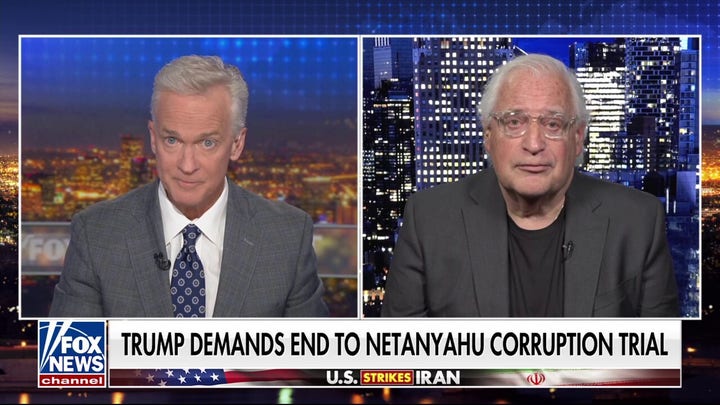Five years ago this week, history was made on the South Lawn of the White House when Israel, the United Arab Emirates and Bahrain signed the Abraham Accords. What many had long dismissed as an impossible dream became an undeniable reality: Arab nations publicly embracing peace with Israel not as the byproduct of endless negotiations, but as the result of American leadership.
I had the great privilege of working alongside President Donald Trump to make that day possible. The Abraham Accords were no accident of wishful diplomacy or naïve illusions.
They were born of a policy deeply rooted in reality: that strength is the surest guarantor of peace, that America must stand unapologetically with Israel, and that Israel’s Arab neighbors, with the right encouragement, could find common cause with the Jewish state.
Five years later, their impact is unmistakable. The accords have preserved peace among the signatory nations, which now include Morocco and Sudan, even through some of the darkest days in Israel’s modern history.
When Hamas launched the barbaric terrorist attacks of Oct. 7, 2023, plunging Israel into open warfare against Hamas-controlled Gaza, many feared the young partnerships would collapse. Instead, ambassadors remained in Israel, governments maintained ties and trade continued. In a region where alliances are often fleeting, that resilience is itself historic.
And the peace has been fruitful. Trade between Israel and its new partners has surged into the billions.
Joint commercial ventures are not only creating jobs but knitting societies together in ways few ever imagined. Direct flights now link Tel Aviv with Abu Dhabi, Dubai and Manama.
Israeli tourists now vacation in lands where Jews were forced to flee just decades ago. These human connections make future conflict far less likely and lasting stability more attainable. History reminds us that nations that prosper together seldom go to war with one another.
These achievements are even more remarkable considering that the Biden-Harris administration did virtually nothing to expand the accords’ circle of peace. In fact, the prior administration prioritized concessions to malevolent actors. The result is a peace that has endured but also stagnated, with untapped potential to reshape the Middle East for good.
Now, America has another chance to regain the momentum for peace that President Trump created in his first term, and the administration should make broadening the accords a top foreign policy priority. The United States should reaffirm our ironclad commitment to Israel’s security and our promise that any nation seeking partnership with Israel will find America to be a willing partner as well. In particular, Saudi Arabia’s entry into the accords would be a giant step forward.


